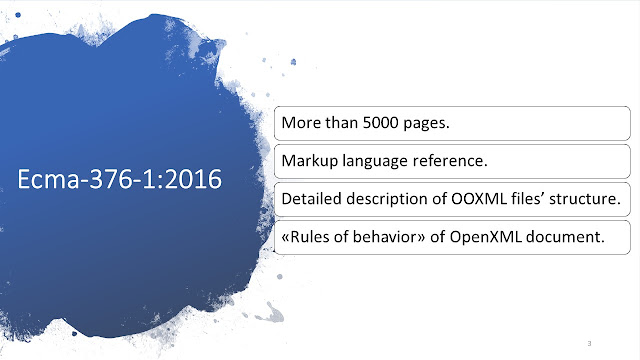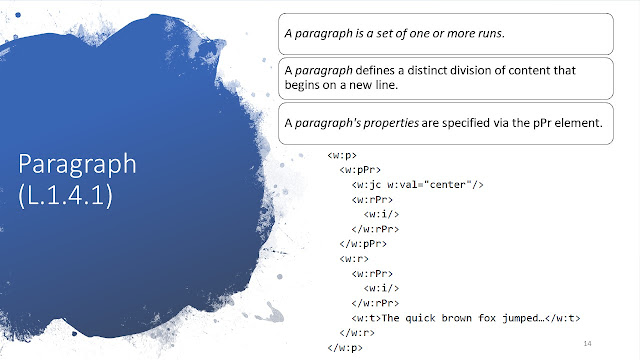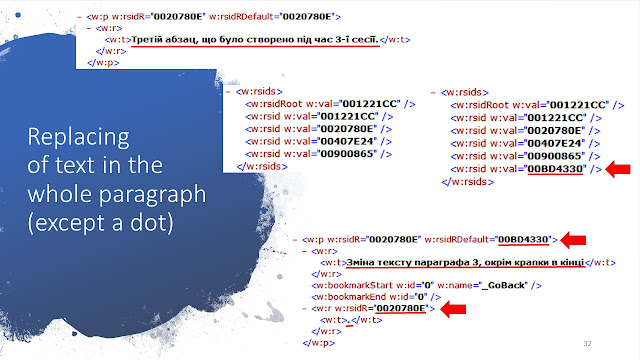Maksym Boiko, mboiko25@gmail.com, Kyiv, 2020
Some extractions of UFED 4PC are multi-volume ZIP-archives. In order to verify this process it needs to calculate checksum of this whole ZIP-file obtained during export by UFED 4PC software.
The following script calculates the sha256-checksum of each file separately and the entire block of files with an extension starting with the character "z". The hash value of the entire block of files is displayed in the last line.
This script allows to calculate sha256-checksums of files and provides the result in a format compatible with HashCheck, Terracopy, etc.
You should specify two parameters in the command line: 1) the full path to the data export folder, 2) the relative or full path to the file with computed sha256-values:
python.exe ufed-sha256.py <path to data folder> <path to file>
Example:
python.exe ufed-sha256.py "D:\UFED 2020_07_07 (001)\FileSystem Android Backup 01" D:\checksums.sha256
import os, sys
from datetime import datetime
import hashlib
#sha256
def file_as_bytes(f_name):
with f_name:
return f_name.read()
dir_ufed=sys.argv[1]
ff=sys.argv[2]
f1=open(ff,'w')
t1=datetime.now()
print ''
print(t1),'\n'
i=0
ln=''
f_sha256={}
sha256=hashlib.sha256()
sha256_all=hashlib.sha256()
for top, dirs, files in os.walk(dir_ufed):
for nm in files:
i=i+1
f=os.path.join(top, nm) # top - filepath, nm - filename
if f[-3:-2]=='z':
f_sha256[i]=hashlib.sha256(file_as_bytes(open(f,'rb'))).hexdigest()
print f_sha256[i],'*'+f[3:]
f1.writelines(f_sha256[i])
f1.writelines(' *')
f1.writelines(f[3:])
f1.write('\n')
sha256_all.update(file_as_bytes(open(f,'rb')))
t2=datetime.now()
print ''
print(t2)
print(t2-t1),'\n'
ln='[SHA256]=',sha256_all.hexdigest()
print '[SHA256]=',sha256_all.hexdigest()
f1.writelines(ln)
f1.close()import os, sys
from datetime import datetime
import hashlib
#sha256
def file_as_bytes(f_name):
with f_name:
return f_name.read()
dir_ufed=sys.argv[1]
ff=sys.argv[2]
f1=open(ff,'w')
t1=datetime.now()
print ''
print(t1),'\n'
i=0
ln=''
f_sha256={}
sha256=hashlib.sha256()
sha256_all=hashlib.sha256()
for top, dirs, files in os.walk(dir_ufed):
for nm in files:
i=i+1
f=os.path.join(top, nm) # top - filepath, nm - filename
if f[-3:-2]=='z':
f_sha256[i]=hashlib.sha256(file_as_bytes(open(f,'rb'))).hexdigest()
print f_sha256[i],'*'+f[3:]
f1.writelines(f_sha256[i])
f1.writelines(' *')
f1.writelines(f[3:])
f1.write('\n')
sha256_all.update(file_as_bytes(open(f,'rb')))
t2=datetime.now()
print ''
print(t2)
print(t2-t1),'\n'
ln='[SHA256]=',sha256_all.hexdigest()
print '[SHA256]=',sha256_all.hexdigest()
f1.writelines(ln)
f1.close()

































